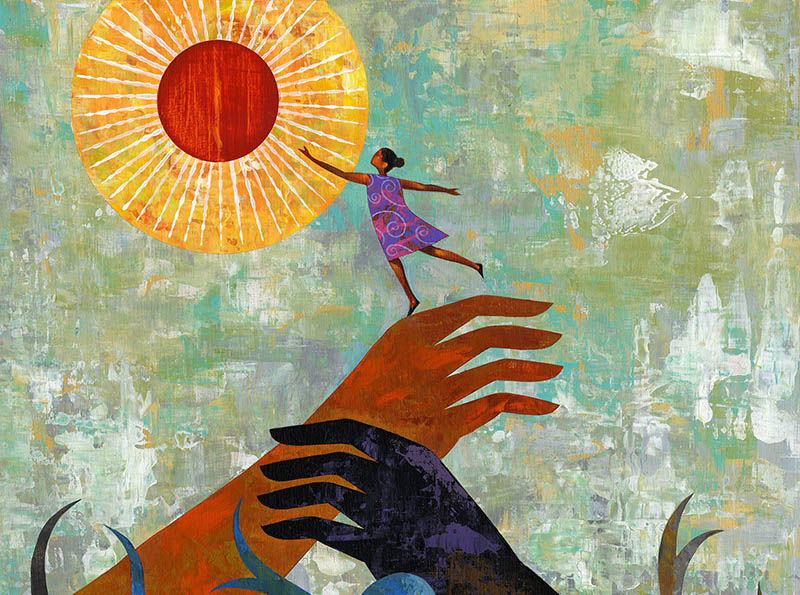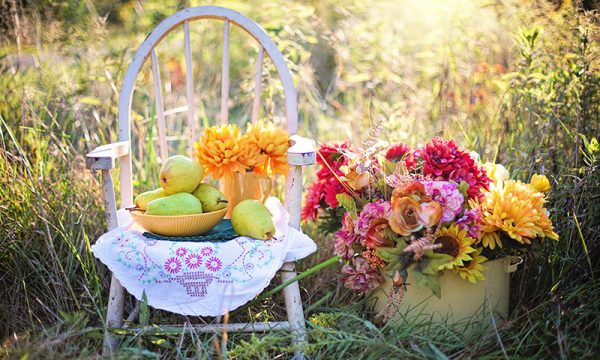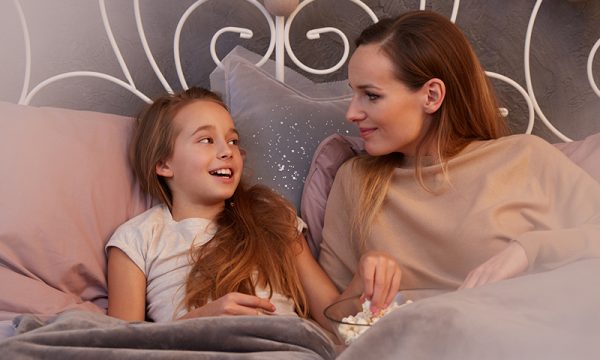Who we are, where we came from and how we were raised make up our roots. These are irrevocable, but they should not determine who we are or who we want to become, as the story of Efraín and Laura shows.
Our childhood
Efraín: I was born in Ciudad Nezahualcóyotl, México. I grew up there with my parents and my siblings. We had nine children in our family. When there were only a few of us, we had the privilege of receiving more gifts from our parents and good clothes for special occasions. As our family grew bigger, the economic situation became more difficult, and my dad began to drink alcohol. This generated fights between him and my mother, with him mistreating her with insults and blows. My siblings and I had a lot of fear and pain witnessing this.
One day, when I was going to enter high school, my father left us and came to the United States. Our life became even more difficult. There was no money to eat and, to top it off, they asked us to leave the house where we lived. I saw a lot of sadness in my mother and my siblings. With the help of an uncle, my mom started selling dresses in the market. My older brothers and I tried to help her sustain the little ones by carrying grocery bags in the market, but even so, sometimes I did not have money for the bus ticket to go to school or for a taco. It was a very hard time. I feel sad when I remember it.
Laura: I was born in Cuernavaca, Morelos, Mexico. I had six siblings, and our parents strived to provide for us; they spent all day working to get ahead. They were very strict with us, so I felt insecure, and I was afraid of them. My siblings and I were afraid to make mistakes when they asked us to do something, and if we did not obey, they would scold us or even spank us.
I remember feeling depressed when seeing my dad’s reactions. I tried hard not to make mistakes for fear he would hit me, like when he asked me to help him fix the car by holding the lamp or giving him the tools. He also told me not to allow anyone to mistreat me and said that if I did, he would beat me.
Its consequences
Efraín: Our shortcomings and the example of my mother and my older brother trying to get ahead and guide the younger siblings motivated me to be very close to them. When I thought about getting married, I did not want to lead a life like my parents’; I wanted to have a happy family, but when I started living with Laura, I began to damage our relationship with jealousy. It annoyed me when I saw her talking to any friend, and she knew many people. My anger was so great that I asked her to stop working. I didn’t realize I was treating her how my dad treated my mom.
Since I did not have any money, I took Laura to live at my mom’s house. Sometimes when I came home from work I would find her crying, and I was very angry because she would not tell me why she was sad. Many things went through my mind like maybe she did not love me or maybe it was a mistake to have married. Eventually, I came to the United States to work hard, and in thirteen months we were able to build our own house. I returned to Mexico very excited, hoping everything would be different, but since the house was in my mother’s land, the problems did not end because I did not know Laura did not like us living there.
Laura: Shortly after living with Efraín, I got pregnant with our oldest daughter. When I stopped working, I began to miss everybody. I cried all the time, and his mother and his brothers would ask Efrain what was happening. He did not know what the problem was. I did not say anything to him, but I felt sad that I didn’t have a voice because I judged that for him, his family was more important than I was.
I generated many conflicts and pain in our marriage by staying quiet. I did not give my opinion even if I did not agree with the things that were done. Whenever I didn’t like something or I thought they did not take what I had to say into account, I acted indifferent to my husband. I got angry with him, and I stopped talking to him for up to two weeks. I also made him suffer by not having intimacy with him. I found out this was a way to retaliate because this would hurt him.
My childhood also affected the way I was raising our children. I treated them aggressively, the same way I was treated. I feel sad when I remember sometimes I took my anger out on them and I would scold or punish them for little things they did.
Our decision to grow
Laura: After several years of marriage, we had so many problems I finally made the decision to talk openly to my husband. I told him about my discomfort and let him know what was happening to me. Since then, I communicate better with him, and I feel more at ease because he now knows what I think and how I feel. We decided to work to be a better family, we became involved in the church, and the blessings have been abundant. Our children have been receiving their sacraments, we got married in the church and some good friends gave us the gift of a Marriage Encounter Weekend. This experience united us more as a couple, and it is helping us to be better parents and be better friends.
I thank my parents for instilling in me the habit of going to church because they put me on this path of spiritual and personal growth. I have not completely overcome my behaviors yet, but I hope with the help of God I will be able to continue to improve myself and be a better person, wife and mother.
Efraín: Now, I thank God for what I am and I do not blame my parents for anything. I instead appreciate how much they did for my siblings and for me. Laura and I have learned to communicate better and to support each other in our efforts to be the best version of ourselves and be able to give our children a better life.




